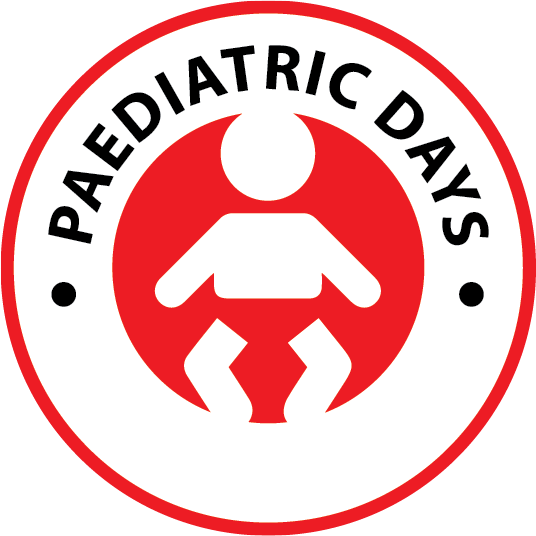Abstract Submission Guidelines
Submitting author:
- The person who submits the abstract is, by default, the corresponding author and is responsible for informing other authors of the status of the abstract.
- The submitting/corresponding author is responsible for the final preview of the content of the abstract and for ensuring that all submitted information and details are correct.
- The submitting/corresponding author is responsible for ensuring that someone is available to present at the event, preferably in person, if the abstract is selected for either oral presentation or poster presentation. Presenters will only be allowed to present virtually in exceptional circumstances.
Formal requirements:
- Details of presenting author and co-author(s)[1]:
- Full first and family name(s).
- Affiliation details: Institution (for MSF staff, include country of mission, project, operational centre)
- Contact details: e-mail address (corresponding author only)
- Type of abstract:
- Scientific research (including study protocols, pilot implementations and literature reviews); or
- Case study/case series
- Abstract title – limited to 25 words in UPPER CASE
- Abstract text – limited to 300 words. We recommend using word-processing software (for example, Microsoft Word) for editing your abstract and counting the number of words.
- We will give preference to abstracts that have not previously been published in a journal or presented at other conferences, but previously published/presented research will not be automatically excluded.
[1] These details are required for submission purposes and communication with the corresponding author, but all abstracts will be reviewed anonymously.
Abstract structure:
Your abstract should provide enough information about your research/case in a clear and concise manner to allow the reader to understand: why your research/case study was needed; what you did; what you found; and importantly, what your findings mean for patients, for MSF operations, or more broadly for the global humanitarian paediatric community.
Scientific research abstracts should be structured as follows:
- Background and objectives
- Methods
- Results
- Conclusions
Alternative section titles may be used for research that does not fit these headings e.g. study protocols for research that has not yet been carried out may use the following structure: Background and objectives; Study design; Expected results; Discussion.
Case study abstracts should be structured as follows:
- Introduction
- Case description
- Discussion
Ethics:
All abstracts submitted must have considered ethical implications. The responsibility for ensuring ethical oversight rests with the submitting author.
All research studies require review and approval from the Institutional Review Board (IRB) or Ethical Review Board (ERB) of the research institute, as well as the equivalent IRB of the country in which the research was conducted (if applicable), before being undertaken. For non-MSF submissions, please refer to your local institute for details of relevant IRB policies. For MSF submissions, full details of MSF ERB requirements can be found here: MSF research ethics framework - guidance document (PDF available below).
Some types of abstract submission may not require ethical review due to the nature of the work e.g. descriptions of routine monitoring and evaluation activities, descriptions of interventions or implementation of new tools/devices. However, it is important that the appropriate institutional approvals have been obtained for the public presentation of these results. For MSF staff, permission to submit must be granted for ALL abstracts, regardless of ethical considerations, from the respective Medical Director of the Operational Centre that carried out the study/work. Please go through the usual hierarchical channels to obtain this permission.
For MSF submissions only, in addition to the above:
The MSF ERB exempts the following from formal ERB review, if the Medical Directors take responsibility for addressing the ethical issues:
- A posteriori (retrospective) analysis of routinely collected clinical data from pre-existing, established programs; and
- Surveys using the MSF ERB pre-approved standardised protocols for Vaccination coverage surveys; Mortality surveys; and Nutrition surveys.
Please to read the Exemption criteria (PDF available below): Retrospective analysis of routinely collected clinical data from pre-existing, established programmes for more information.
Exemption requests should be completed and approved by the relevant Medical Director prior to submission:
- Exemption template for retrospective analysis of routinely collected clinical data from pre-existing, established programmes, available here.
- Exemption template for surveys based on standardized intersectional survey protocols approved by the MSF ERB, available here.
Key Documents available in PDF:
Additional information:
- No changes can be made to the abstract after final submission.
- If selected, the abstract may be reviewed by a medical editor and suggestions for improvement may be made before publication.
- Submission of an abstract implies consent to publication of the abstract and associated poster or slide presentation, if selected (e.g. on relevant MSF websites, as part of conference proceedings, virtual platform) and the allocation of a unique Digital Object Identifier (DOI).
- Active consent to be recorded (voice and image), and the publication of recordings will be obtained from all presenters at a later date.
- Any potential conflict of interest must be declared.
For any more information, please contact paediatricdays@msf.org
